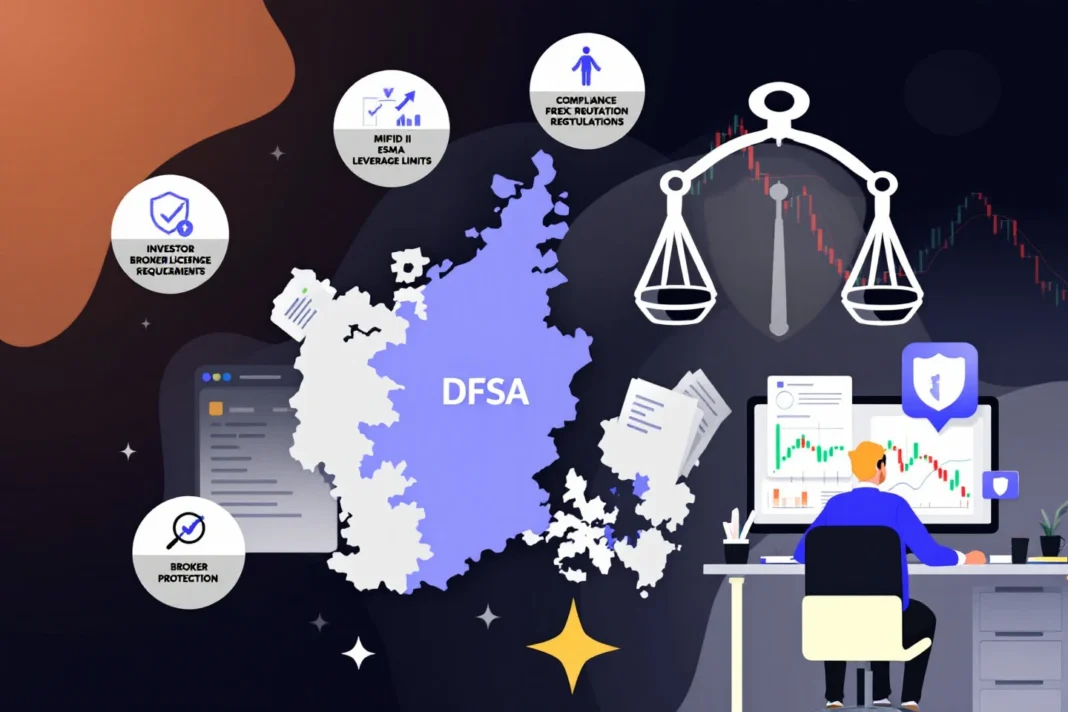Estonia is recognized worldwide as a technologically advanced digital republic with an open business environment and a strong commitment to transparency and the rule of law. This context makes compliance and the prevention of economic crimes crucial aspects for companies operating in its jurisdiction, leading us to present the main legal pillars that currently govern the country.
Key Legal and Regulatory Framework
The Estonian legal system is governed by principles that favor corporate self-regulation, but with a strict criminal framework. The main regulations are:
1. Estonian Criminal Code (Karistusseadustik): Contains relevant economic crimes. The most significant for companies are:
2. Bribery and Corruption (Articles 289-291): Includes bribery of national and international public officials (in line with the OECD Anti-Bribery Convention) and bribery in the private sector. Estonia applies extraterritorial jurisdiction, penalizing bribery by Estonian companies abroad.
3. Embezzlement (Article 288): Misappropriation or diversion of assets by a manager or employee.
4. Money Laundering (Rahapesu) (Article 394): Concealing the illegal origin of funds. Estonia strictly follows the recommendations of the FATF (Financial Action Task Force).
5. Fraud and Swindling (Articles 207-209): Includes accounting fraud and manipulation of financial information.
6. Breach of Fiduciary Duties (Article 217): When a manager acts for their own benefit to the detriment of the company.
7. Obstruction of Justice: Destroying or altering evidence relevant to an ongoing investigation.
8. Law on the Prevention of Money Laundering and Terrorist Financing (Rahapesu ja terrorismi rahastamise tõkestamise seadus): Establishes specific obligations for regulated entities (financial institutions, lawyers, notaries, accountants, etc.) such as Know Your Customer (KYC) due diligence, identification of the beneficial owner, monitoring of transactions, and reporting of suspicious transactions to the Financial Intelligence Unit (FIU, Rahaüliteenistus).
9. Commercial Companies Act (Äriseadustik): Defines the fiduciary duties and responsibilities of directors and managers, laying the foundation for the criminal liability of legal persons.
10. Law on Criminal Liability of Legal Persons (Juriidilise isiku kriminaalvastutuse seadus): This law is fundamental. It establishes that a company can be criminally liable for crimes committed for its benefit by its representatives, managers, or employees, unless it can demonstrate that it has implemented “reasonable and sufficient” compliance measures to prevent them.
In Estonia, corporate compliance is not an option, but a strategic necessity and a legal shield. Authorities expect companies to implement robust integrity programs that are proportionate to their risk profile and based on a realistic assessment. “Effective compliance defense” is the main mechanism for a company to avoid criminal liability for the actions of its employees. Therefore, investing in a serious and well-documented prevention system is the best strategy for operating safely and maintaining reputation in the dynamic Estonian market. Companies are strongly advised to seek specialized local legal advice to design and implement these programs.
ALEJANDRO KLOCK VARAS
LAWYER / MEDIATOR
info@alejandroklock-lawyer.com
www.alejandroklock-lawyer.com





